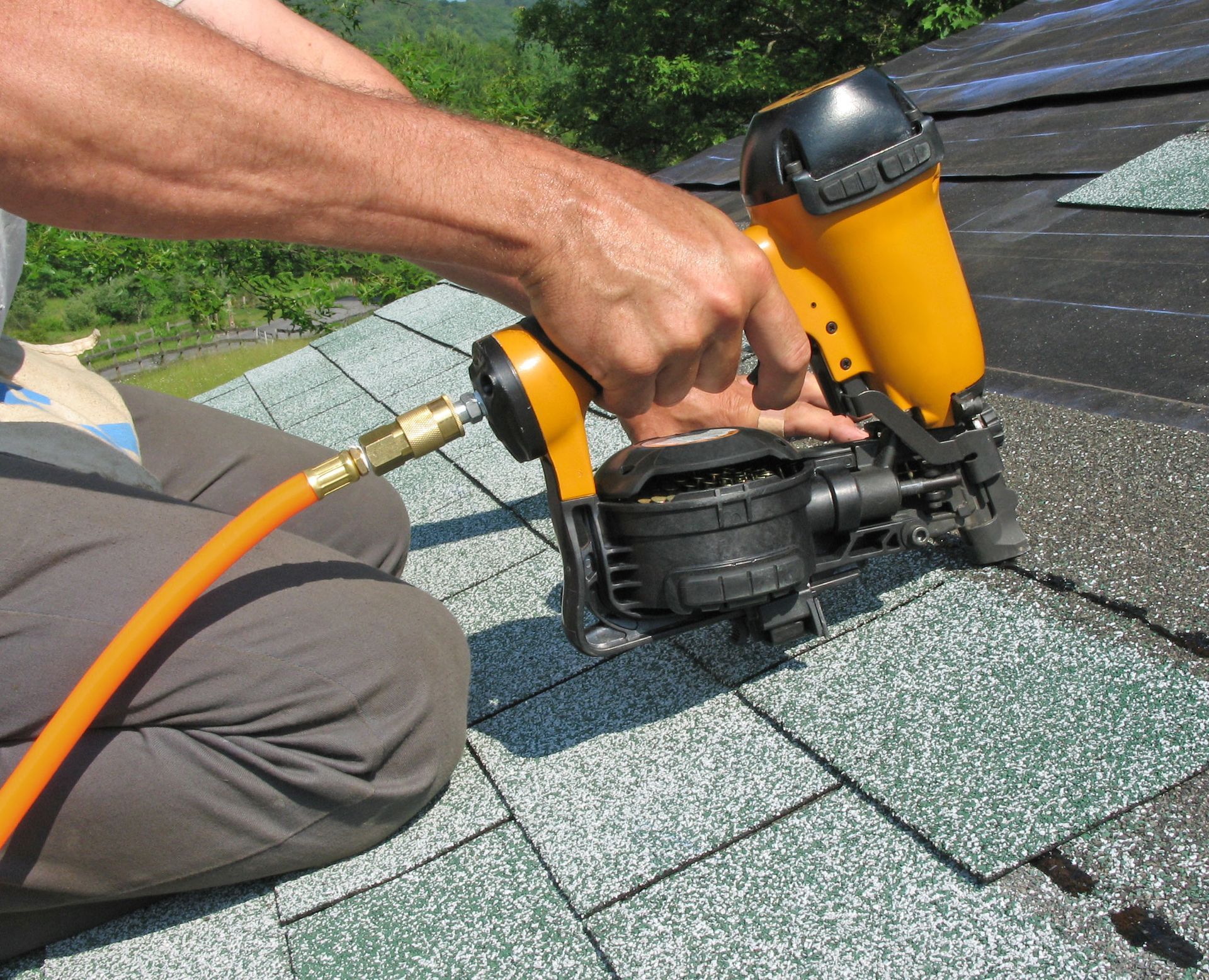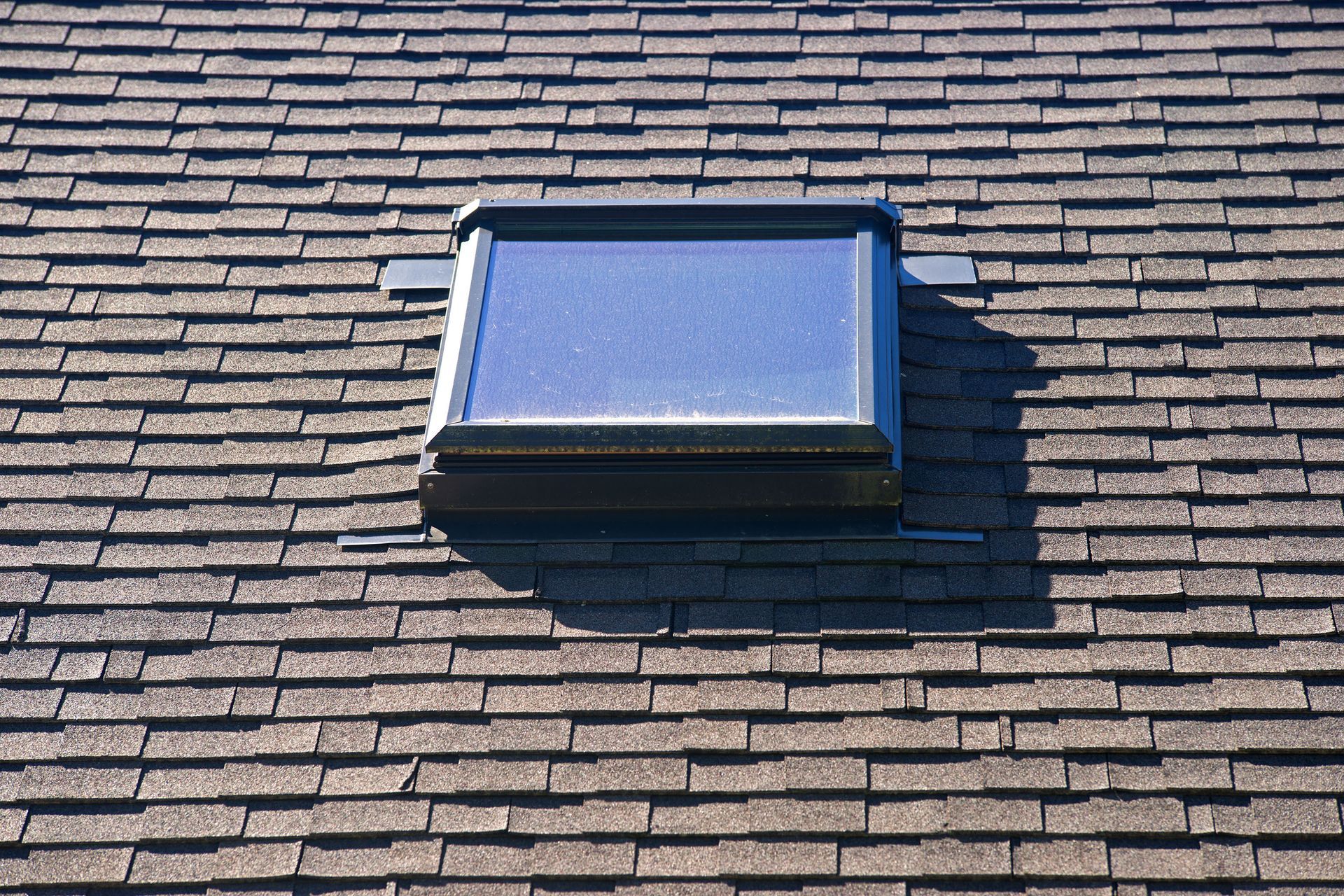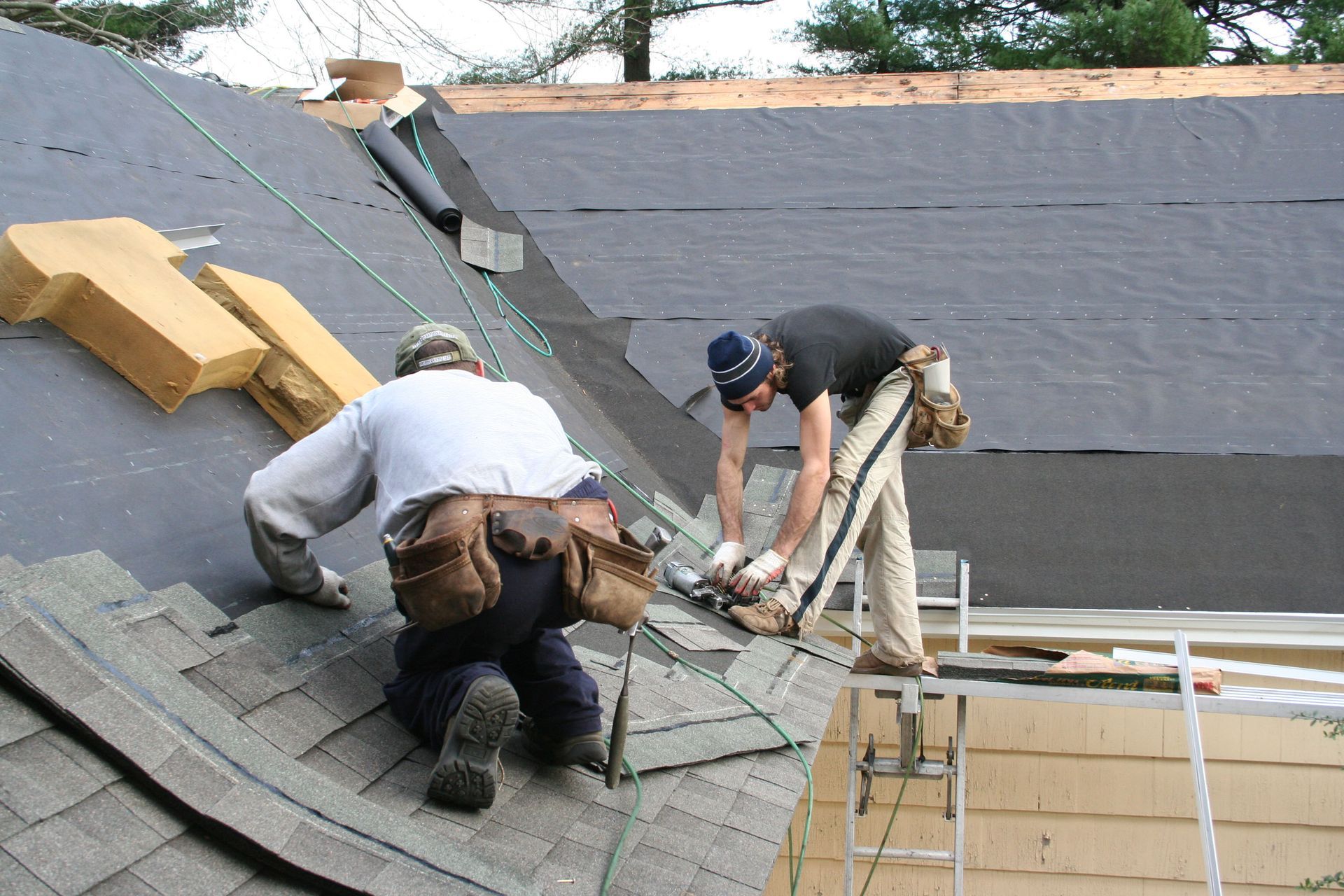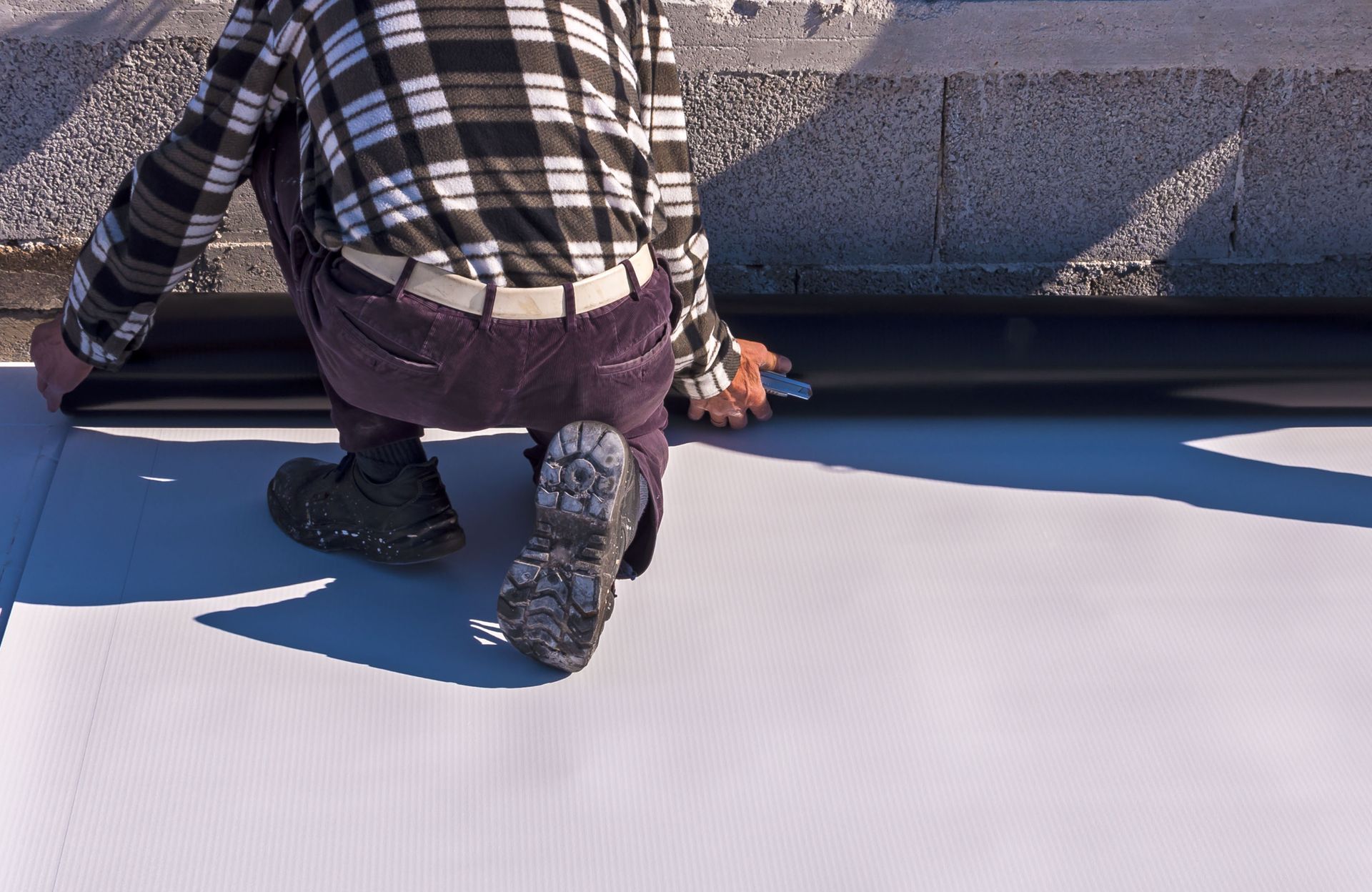September 22, 2025
Selecting the right asphalt shingles for your home requires careful attention to durability, aesthetics, and cost. Working with a professional residential roofer ensures that your choices align with your home's architectural style and perform well under local weather conditions. Asphalt shingles continue to be a popular option for homeowners due to their versatility, affordability, and reliability. According to RubyHome, asphalt shingles are used in 75% of roofing projects. Engaging a residential roofer early in the planning process ensures that homeowners choose shingles that not only protect their property but also enhance overall curb appeal.
Choosing shingles without professional guidance can lead to costly mistakes, including improper installation or selecting materials unsuitable for your roof’s structure. A roofer brings expertise in evaluating roof age, underlying structures, and potential problem areas, giving homeowners confidence that their roofing investment will provide protection and aesthetic value for many years. Early consultation also allows for an assessment of your home’s specific needs and ensures the chosen shingles will perform optimally.
Understanding Asphalt Shingle Basics
Types of Asphalt Shingles
Asphalt shingles come in a wide range of styles suitable for various home designs. Standard three-tab shingles are cost-effective and straightforward, while architectural or dimensional shingles provide extra depth, visual interest, and durability. A residential roofer can advise homeowners on the ideal type for their home, considering roof slope, overall design, and personal aesthetic preferences. Selecting the right style ensures the roof is visually appealing and structurally sound, while also simplifying installation and minimizing potential issues.
Shingle materials vary in granule composition and asphalt modification, which affects durability, color retention, and weather resistance. A roofer understands these differences and can recommend shingles that will last longer and require less maintenance. Proper selection also contributes to energy efficiency and long-term cost savings for homeowners, providing peace of mind about their investment.
Durability and Protection
Asphalt shingles are designed to withstand wind, rain, and seasonal temperature changes. Properly installed shingles form a protective barrier against leaks and water damage, shielding your home’s interior and structural components. Their relatively lightweight design simplifies installation, allowing a roofer to complete the project efficiently while maintaining high-quality workmanship.
Shingles are also rated for resistance to wind uplift, impact, and fire, depending on their manufacturer and style. A residential roofer ensures shingles meet local building codes and are installed based on manufacturer specifications, which maximizes roof lifespan and performance. Attention to these details reduces the likelihood of premature wear and ensures that shingles continue to protect your home effectively for decades.
Evaluating Your Home’s Needs
Roof Pitch and Design
The slope and design of your roof play a crucial role in determining which shingles are most effective. Steeper roofs benefit from shingles with added depth and layering, which help shed water efficiently while creating an attractive shadow effect. A roofer assesses the pitch, shape, and any complex roof elements, such as dormers or valleys, to ensure shingles are selected and installed to optimize both performance and aesthetics.
Consulting a residential roofer also helps identify potential trouble areas, such as uneven decking or weak rafters, before installation. Addressing these issues in advance prevents leaks, sagging, and structural problems that could compromise your roof over time. Additionally, a roofer can recommend suitable underlayment and ventilation strategies to enhance long-term roof health.
Climate Considerations
Local weather patterns are a critical factor when selecting shingles. Homes in areas with heavy rainfall benefit from water-resistant shingles, while regions prone to hail or strong winds require impact-resistant shingles. A roofer can recommend shingles tailored to your local climate, helping reduce maintenance and extend the life of your roof.
Considering seasonal temperature fluctuations and historical weather events allows a roofer to plan for long-term performance. Proper underlayment, ventilation, and installation techniques protect shingles from warping, cracking, or other damage caused by extreme conditions. This preparation ensures your roof remains effective under a variety of weather challenges for many years.
Selecting a Reliable Residential Roofer
Credentials and Experience
Choosing a licensed and insured roofer ensures that installation, repair, or replacement work meets all industry standards and local building codes. Reviewing a roofer’s portfolio, testimonials, and previous projects helps homeowners evaluate workmanship quality, attention to detail, and consistency across different roof types and styles. Clear communication, transparent estimates, and a well-documented contract allow homeowners to make informed decisions and feel confident in the roofing project’s outcome.
In addition to credentials, experienced roofers bring years of practical knowledge that goes beyond certification. They understand how to navigate unexpected complications, such as hidden water damage, deteriorated decking, or ventilation issues. Homeowners benefit from their ability to proactively address these concerns, ensuring that the project stays on schedule, avoids unnecessary costs, and results in a roof that performs well for decades. A skilled roofer also provides guidance on shingle selection, underlayment options, and maintenance practices, creating a comprehensive plan that safeguards the home’s long-term value.
Installation Process
Roof installation begins with a thorough inspection of the existing roof to identify any structural concerns or damage that may require repair before shingles are applied. A residential roofer carefully evaluates the decking, underlayment, and supporting structures to ensure they are sound and capable of supporting the new roofing system. Proper installation of underlayment, flashing, and ventilation systems is essential to enhance roof performance, prevent water infiltration, and maintain energy efficiency.
Installation also requires meticulous attention to details like roof edges, valleys, ridges, and chimneys, which are common areas for leaks if not properly managed. A roofer ensures these critical areas are sealed, reinforced, and installed based on manufacturer specifications. Beyond the technical work, they coordinate timing, crew assignments, and site safety to minimize disruption for homeowners. This comprehensive approach guarantees a visually appealing, durable, and high-performing roof that will protect the home against wind, rain, snow, and other weather-related challenges for years to come.
Long-Term Maintenance and Care
Routine Maintenance
Routine inspections help identify early signs of wear, such as cracked, curled, or missing shingles. Clearing debris from gutters and roof surfaces prevents water buildup and potential damage. Engaging a roofer for maintenance ensures minor issues are addressed before they escalate into costly repairs, keeping your roof functional and visually appealing over time.
Maintenance may also include periodic cleaning of shingles and checking for moss or algae growth, which can shorten the lifespan of your roof. A roofer provides guidance on safe cleaning methods and preventative treatments, further extending the roof’s performance and durability.
Seasonal Considerations
Preparing your roof for seasonal changes is essential for prolonging its lifespan. Inspections before winter or during heavy rain periods allow a roofer to make preventative adjustments, such as tightening loose shingles and verifying underlayment integrity. This proactive approach minimizes the risk of leaks, ice damage, and other weather-related issues.
Collaborating with a roofer during seasonal maintenance ensures that ventilation, insulation, and water-shedding systems function correctly. Seasonal attention reduces costly emergency repairs and enhances long-term performance, providing homeowners with a safe and durable roof year-round.
Choosing the right asphalt shingles and partnering with a skilled residential roofer helps keep your home protected while enhancing its curb appeal. From careful material selection to expert installation and ongoing maintenance, each step contributes to a durable, long-lasting roof. To learn more about reliable residential roofing solutions and discover how Jenco Construction & can provide our guidance and quality workmanship, explore our services, and get started.





